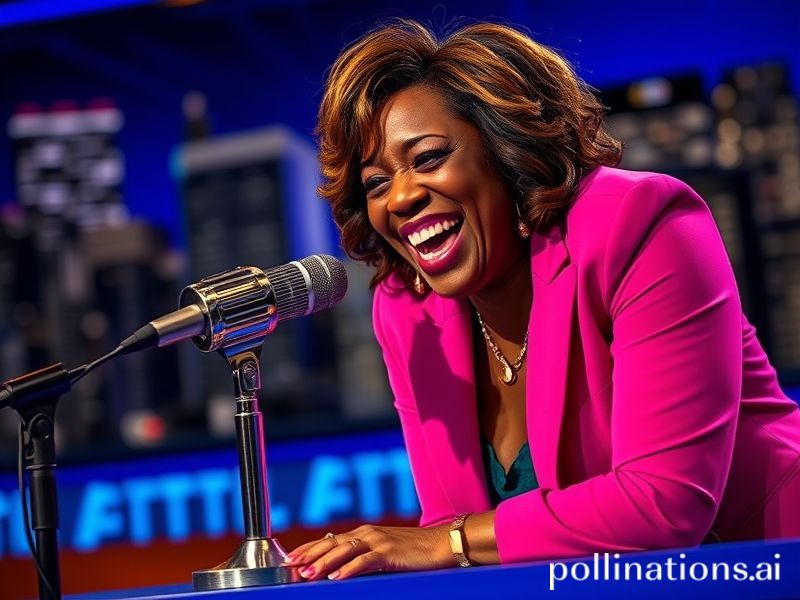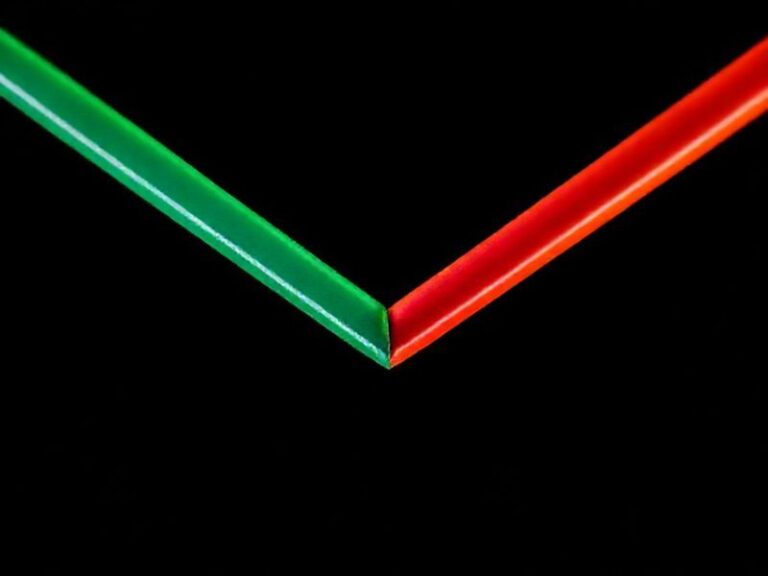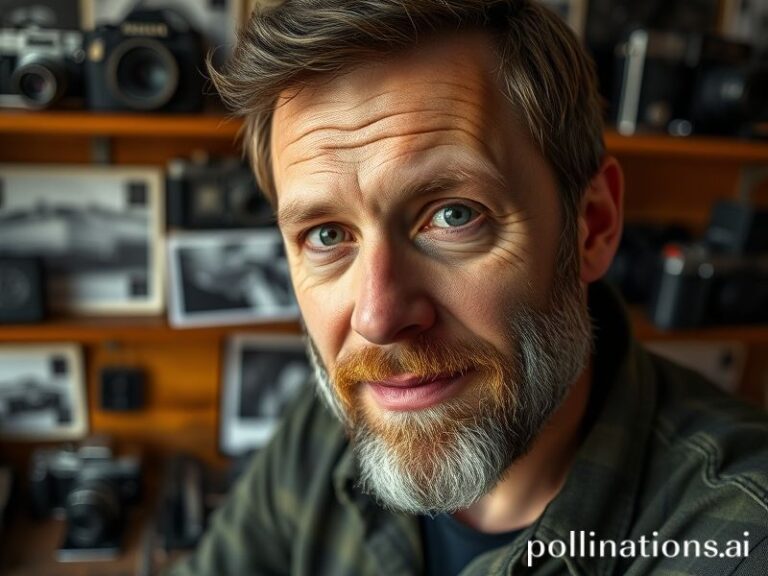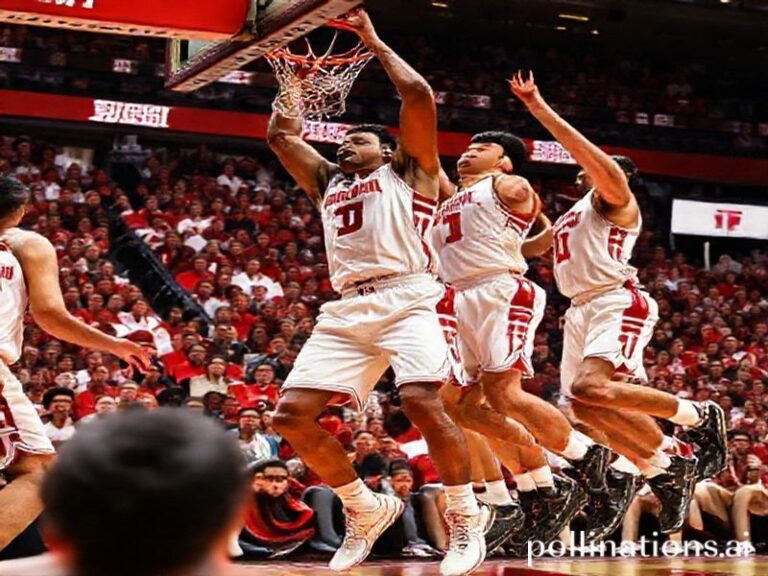Sheryl Underwood: The Arkansas Comedian Accidentally Counseling a Broken World
Sheryl Underwood and the Infinite Scroll of Global Empathy Fatigue
By Our Correspondent in a Hotel Room with One Working Lightbulb
Somewhere between the burnt-coffee time zone of U.S. breakfast television and the 3 a.m. doom-scroll in Jakarta, Sheryl Underwood cracked a joke about her own wig budget and accidentally became a diplomatic incident. It was 2021, the Taliban were back in Kabul, COVID variants were being named like Bond villains, and yet a clip of Underwood—co-host of CBS’s The Talk—quietly tearing up while discussing mental health ricocheted through WhatsApp family groups from Lagos to Lahore. How, you ask, did a comedian from Little Rock become a transcontinental Rorschach test? Easy: she reminded a planet simultaneously bored and traumatized that feelings are still exportable.
In the grand bazaar of American pop culture, Underwood is that stall you walk past thinking you know the merchandise—bawdy humor, evangelical lung capacity, a rotating wardrobe of hair that defies both gravity and passport control—until you realize she’s quietly selling something far more dangerous: sincerity. To viewers marinated in the West’s perpetual outrage cycle, her tears looked like vulnerability. To viewers in countries where public emotion can be treasonous, her tears looked like a superpower. Cue the memes: “Give Sheryl Underwood a seat at the UN Security Council.” (She’d demand better snacks, obviously.)
The global implications are, frankly, ridiculous. In an era when world leaders weaponize Twitter to threaten thermonuclear war before lunch, a Black woman from Arkansas is modeling conflict resolution by listening—yes, actually listening—to Sharon Osbourne’s tone-deaf rant about race and not immediately setting the studio on fire. Diplomats in Brussels reportedly studied the clip for de-escalation techniques, then gave up when they realized it required human empathy, a resource currently embargoed by several G-20 nations.
Meanwhile, her brand of comedy—equal parts church lady and nightclub bouncer—has become an unlikely soft-power export. Netflix queues in São Paulo now feature her stand-up specials sandwiched between Korean soap operas and British baking shows, forming a holy trinity of escapism. Translation subtitles struggle with her punchlines (“I’m so saved, Jesus gets frequent-flyer miles every time I pray”), but the laughter tracks anyway. Turns out economic despair sounds the same in 47 languages.
Of course, the cynic notes that Underwood’s global resonance coincides neatly with the West’s need for a palatable face of diversity—someone who can cry on cue but still land a sponsor-read for allergy medication. Multinational corporations love a trauma narrative they can monetize: buy this breakfast cereal, it’s endorsed by a woman who overcame childhood stuttering and miscarriages. Somewhere a brand manager in Zurich is A/B-testing whether her tears move more units than a Ukrainian refugee’s TikTok. Spoiler: they do.
Yet the broader significance is harder to meme. In a planet fracturing along every possible fault line—vaccine haves vs. have-nots, climate refugees vs. border guards, crypto bros vs. the concept of money—Underwood’s insistence on messy, public emotion feels almost revolutionary. She’s not solving geopolitics; she’s just refusing to pretend it doesn’t hurt. That plays differently in countries where hurt is state policy. When she jokes about being “blessed and highly medicated,” it lands in Manila like a confession from the front lines of late-stage capitalism.
And so, somewhere tonight, an insomniac in Bucharest will cue up Underwood’s 2019 set from Montreal, laughing at a joke about funeral insurance while wildfires consume Canada. The absurdity isn’t lost on anyone; that’s the point. In an age when the world’s on fire and the fire’s behind a paywall, Sheryl Underwood offers the small mercy of acknowledging the heat without charging extra for the scream track. That might not be diplomacy, but in 2024, it’s the closest thing we’ve got to a cease-fire.







